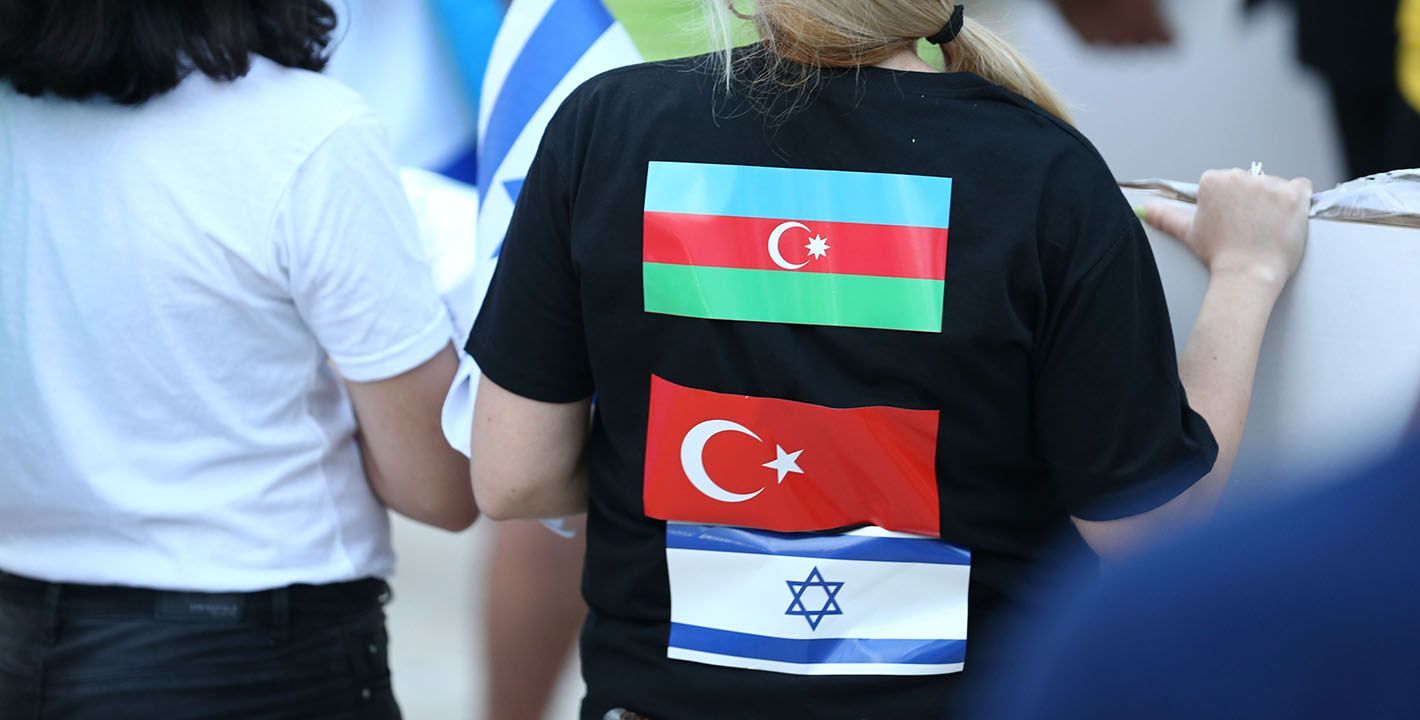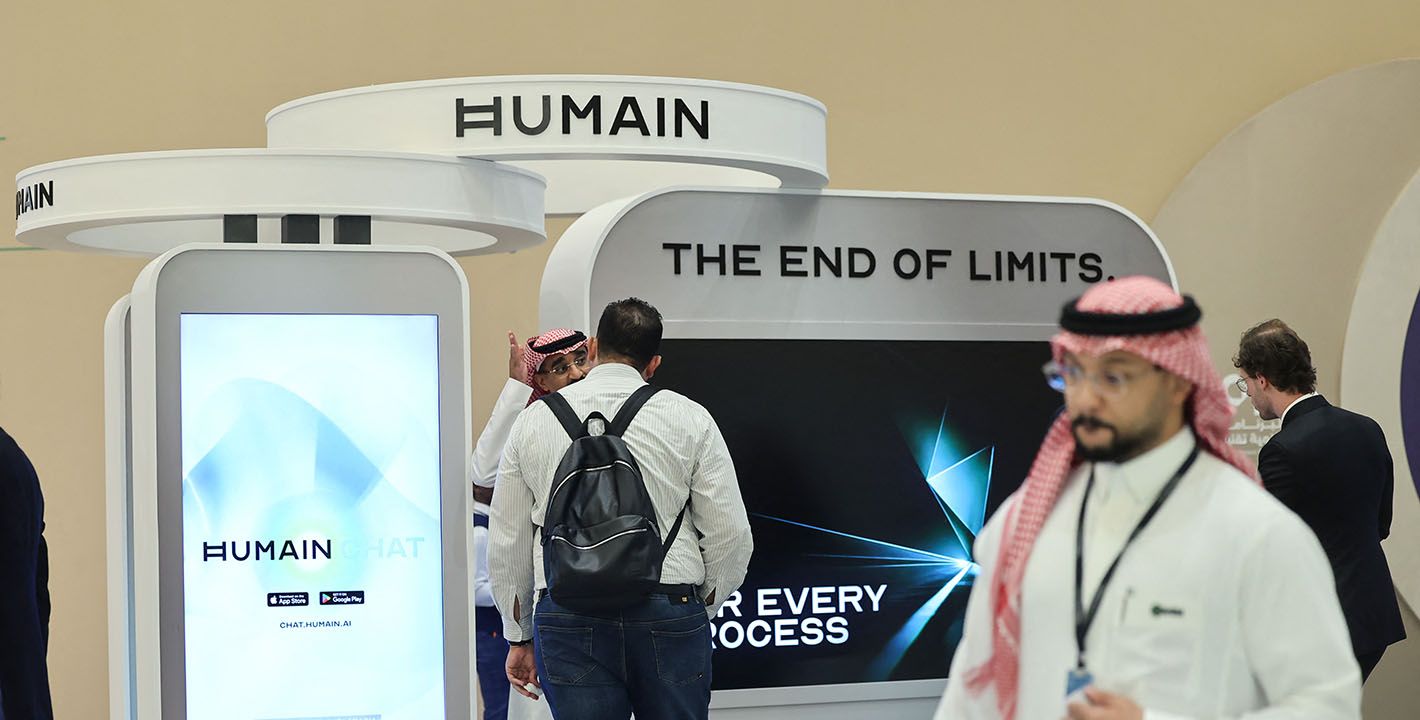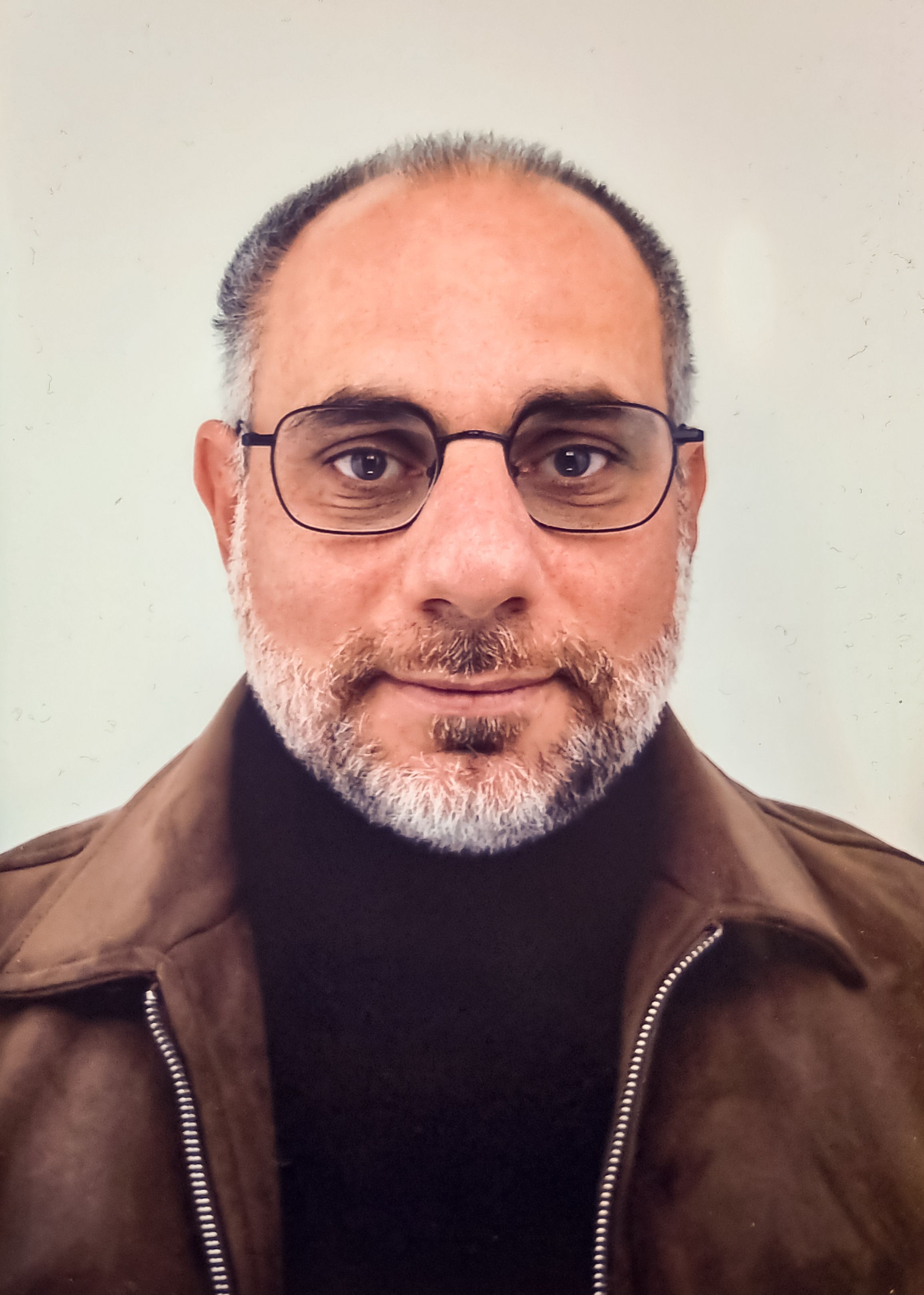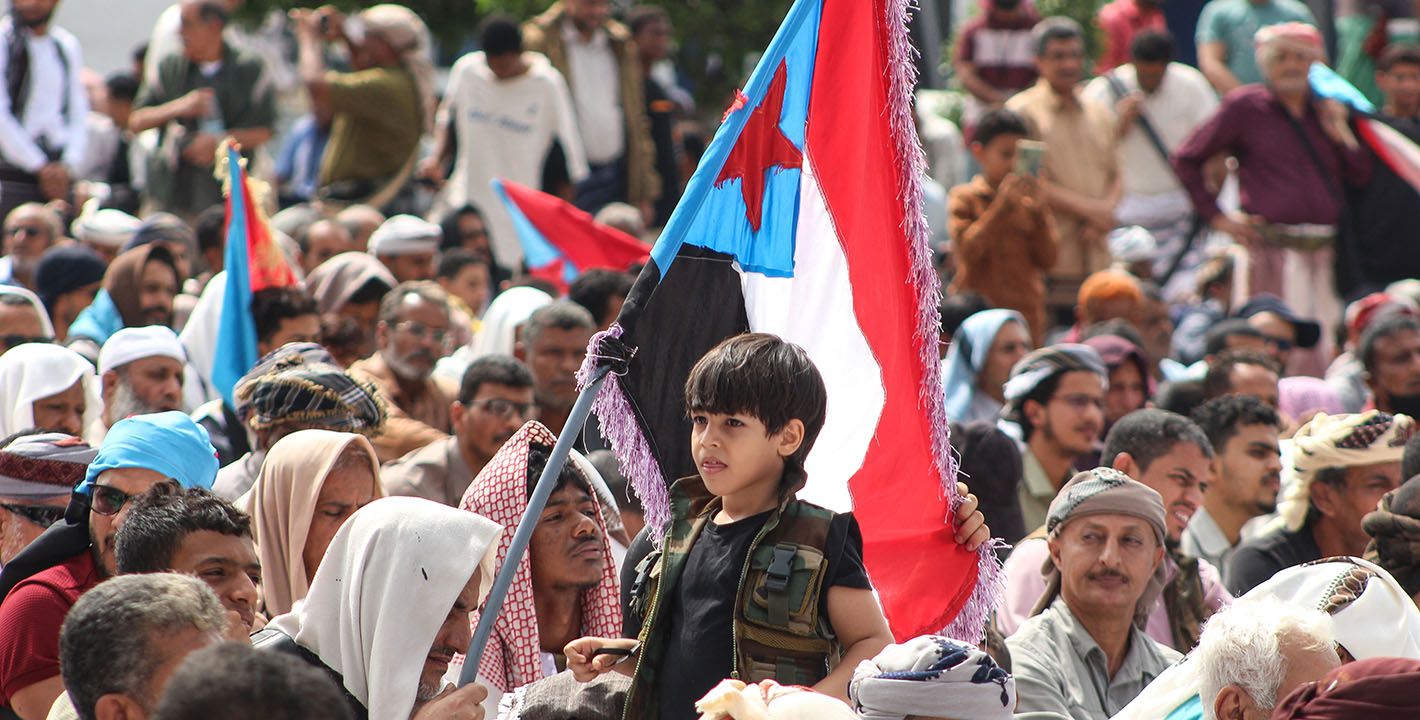Francesco Siccardi
{
"authors": [
"Francesco Siccardi"
],
"type": "commentary",
"blog": "Diwan",
"centerAffiliationAll": "dc",
"centers": [
"Carnegie Endowment for International Peace",
"Carnegie Europe",
"Malcolm H. Kerr Carnegie Middle East Center"
],
"collections": [],
"englishNewsletterAll": "menaTransitions",
"nonEnglishNewsletterAll": "",
"primaryCenter": "Malcolm H. Kerr Carnegie Middle East Center",
"programAffiliation": "MEP",
"programs": [
"Middle East"
],
"projects": [],
"regions": [
"Gulf",
"Middle East",
"Türkiye",
"Saudi Arabia",
"United Arab Emirates"
],
"topics": [
"Political Reform"
]
}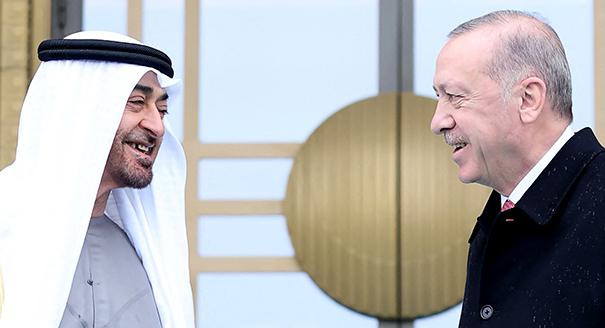
Source: Getty
Shadows for the Sultan
What is behind Turkish President Erdogan’s visit to Saudi Arabia and the United Arab Emirates?
Turkish President Recep Tayyip Erdoğan is expected to visit the United Arab Emirates (UAE) and Saudi Arabia next week. Together with the visit to Turkey of Israeli President Isaac Herzog, which is expected to take place in the next few months, Erdoğan’s Gulf tour is another step toward the normalization of relations between Turkey and its former regional rivals.
Turkey and the two Gulf states are separated by a decade of animosity, since they were on opposite sides of the civil unrest that shattered the Arab world in 2011. Since then, their rivalry has continued amid local conflicts across the region. Additionally, Erdoğan has accused the UAE of having supported the failed attempt to depose him in 2016.
The timing of the rapprochement is not fortuitous. Turkey is navigating one of its worst economic crises in over two decades, and it is doing so when the country is relatively isolated from the West, following a series of assertive foreign policy moves in 2019 and 2020. Seen in this context, regional rivalries are becoming unsustainable.
With parliamentary and presidential elections due in the next eighteen months, the Turkish president needs to right the economic ship if he wants to have a chance at reelection. New sources of hard currency and foreign direct investment are urgently needed, and cash-surplus economies such as the UAE and Saudi Arabia can provide just that.
The Turkish economy had already started slowing down before the coronavirus pandemic hit, recording an annual growth of only 0.9 percent in 2019. Turkey is expected to record a 10 percent GDP increase in 2021. The fact that this is happening against a backdrop of the worst currency depreciation since 2002 suggests that the country’s recovery is not standing on firm ground.
Erdoğan’s economic calculation is that low interest rates will boost exports and industrial production. The ultimate objective is to increase income levels. However, purchasing power at home is being depressed by an inflation rate that has grown from 10.94 percent in April 2020 to 21.31 percent in November 2021 and spiked to 36.08 percent in December 2021. The poverty rate has risen from 10.2 percent of the population in 2019 to 12.2 percent in 2021. Long lines of people waiting to buy subsidized bread are no longer unusual across Turkey.
Erdoğan built his political fortunes on leading the country through a period of unprecedented growth during his first decade in power (2002–2013). It is, therefore, hardly surprising that his popularity plummeted in the course of 2021, when several opposition candidates started polling better than him in vote intentions ahead of the next presidential election.
Faced with this difficult situation, Erdoğan has resorted to familiar rhetorical strategies: He has pointed the finger at external enemies and referred to Turkey’s struggle as an “economic war of independence.”
To win a war, however, one needs allies. That is why, in the course of 2021, Turkey’s tensions with former regional rivals progressively eased. Some countries, such as Egypt and Israel, have taken their time in responding to Turkey’s outreach. With Saudi Arabia and the UAE, the process is more advanced. In Ankara there is an expectation that, by mending ties with the two Gulf states, Turkey will replenish its foreign exchange reserves and attract some of the foreign direct investment it urgently needs.
The specific agreements between Turkey and the UAE include a series of bilateral agreements and a $10 billion fund for Emirati investment in Turkey, unveiled last November, and a $5 billion currency swap, announced on January 19. Since currency swap deals have a limited impact on the real economy, the priority in Erdoğan’s talks in Abu Dhabi will probably be to start operationalizing the investment fund.
Efforts to mend ties with the Saudi leadership will go in the same direction. Bilateral relations hit rock bottom after the murder of Saudi journalist Jamal Khashoggi in Istanbul in October 2018. The Turkish government did not shy away from pointing the finger at “the highest levels of the Saudi government,” which prompted Saudi Arabia to impose an unofficial ban on Turkish goods and orchestrate a boycott campaign of Turkey as a tourist destination.
Only recently have both sides taken measures to normalize relations. These include the Saudi decision to lift the ban on Turkish exports to Saudi Arabia, and the Turkish decision to do stop banning Saudi media outlets such as Al-Arabiya and the Okaz newspaper in Turkey. In reaching out to Saudi leaders, Erdoğan will continue to try to foster an economic partnership between Turkey and the kingdom. A currency swap might also be in the cards.
It remains to be seen whether the results of Turkey’s outreach to the Gulf will be significant enough to move past years of acrimony between the two sides.
Since 2011, Ankara, Abu Dhabi, and Riyadh have supported—directly or by means of proxies and local allies—opposite sides in several of the contentious issues in the region, including the military-led takeover of power in Egypt and the conflict in Libya.* In the Eastern Mediterranean, the UAE has actively worked to isolate Turkey and limit its regional influence. A resurgence of hostilities in any of these scenarios is not unlikely and might put the regional détente to the test.
But Turkey’s outreach to its former rivals also responds to a broader set of foreign policy trends. The need to bolster post-pandemic recovery, to adapt to the progressive reduction of U.S. security commitments in the Middle East, and to come to terms with China’s growing international role underpins the current shift of strategies and alliances in the region.
Ankara’s relative isolation from the West and its ambivalent relationship with Russia are two additional factors pushing Erdoğan to position his country on a more moderate international course.
The rekindling of relationships with Israel and Egypt is a further step in that direction. In this case, Turkey is taking advantage of the process of regional normalization kickstarted by the Abraham Accords, a signature policy of the Trump administration whose consequences seem to be here to stay.
Going forward, it remains to be seen whether the resources mobilized by this regional realignment will be enough to bolster Erdoğan’s grip on power without a rethink of the Turkish government’s fiscal and economic policies.
* This sentence was modified to correct an error.
About the Author
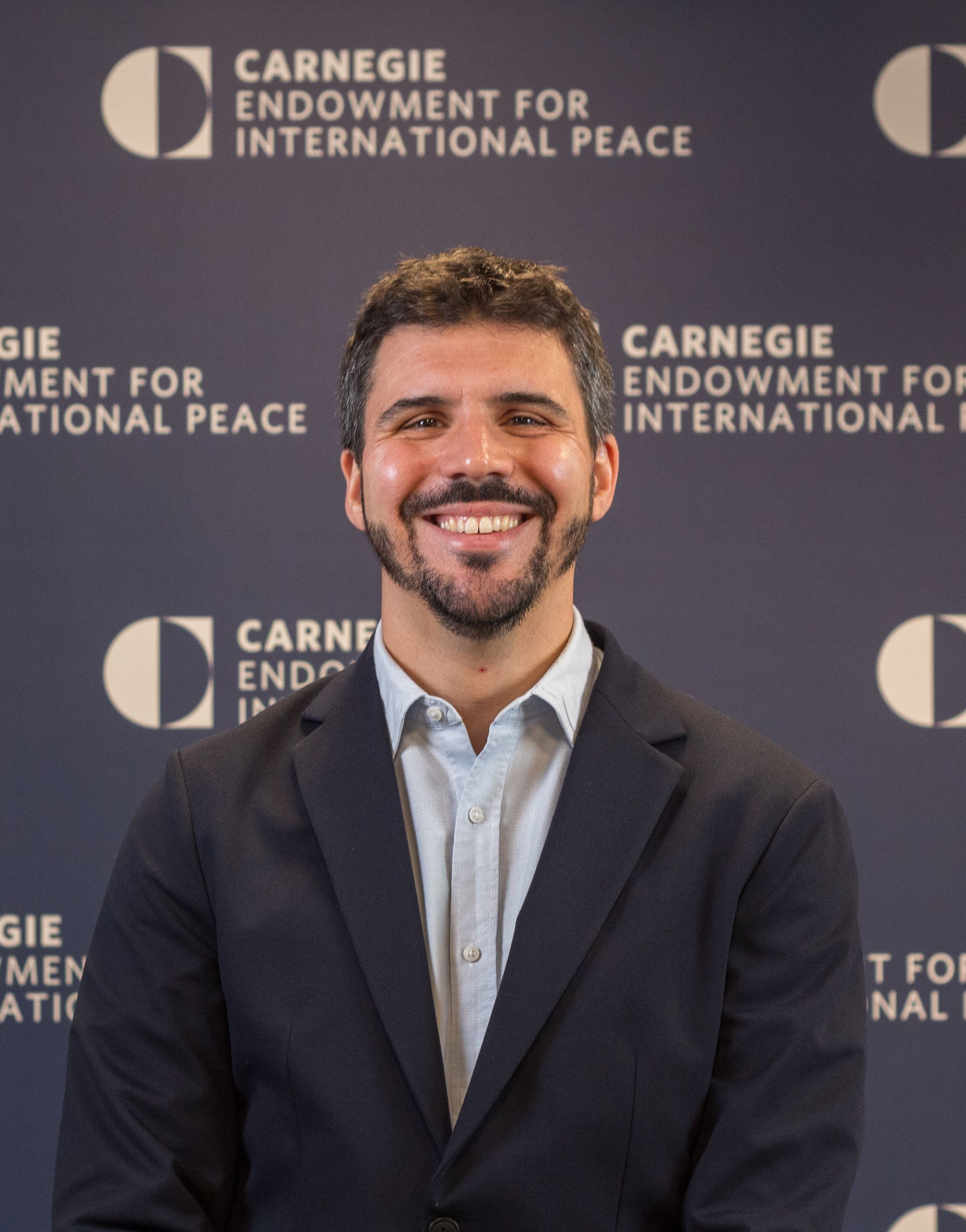
Francesco Siccardi
Deputy Director, Carnegie Europe
Francesco Siccardi is deputy director at Carnegie Europe.
- How EU Foreign Policy Turned RegionalPaper
- Turkey’s Ambivalence Is a Threat to European SecurityCommentary
Marc Pierini, Francesco Siccardi
Recent Work
Carnegie does not take institutional positions on public policy issues; the views represented herein are those of the author(s) and do not necessarily reflect the views of Carnegie, its staff, or its trustees.
More Work from Diwan
- Axis of Resistance or Suicide?Commentary
As Iran defends its interests in the region and its regime’s survival, it may push Hezbollah into the abyss.
Michael Young
- Iran’s Woes Aren’t Only DomesticCommentary
The country’s leadership is increasingly uneasy about multiple challenges from the Levant to the South Caucasus.
Armenak Tokmajyan
- Exporting Fossil Fuels Through Cloud ComputingCommentary
The GCC states’ use of Artificial Intelligence will generate much leverage over the global digital infrastructure and climate talks.
Camille Ammoun
- System Maintenance in IraqCommentary
In an interview, Shahla al-Kli discusses the country’s parliamentary elections and what they reveal.
Rayyan Al-Shawaf
- Where Might Developments in Yemen Lead?Commentary
In an interview, Ibrahim Jalal discusses the Southern Transitional Council’s recent takeover of Hadhramawt and Mahra.
Michael Young




